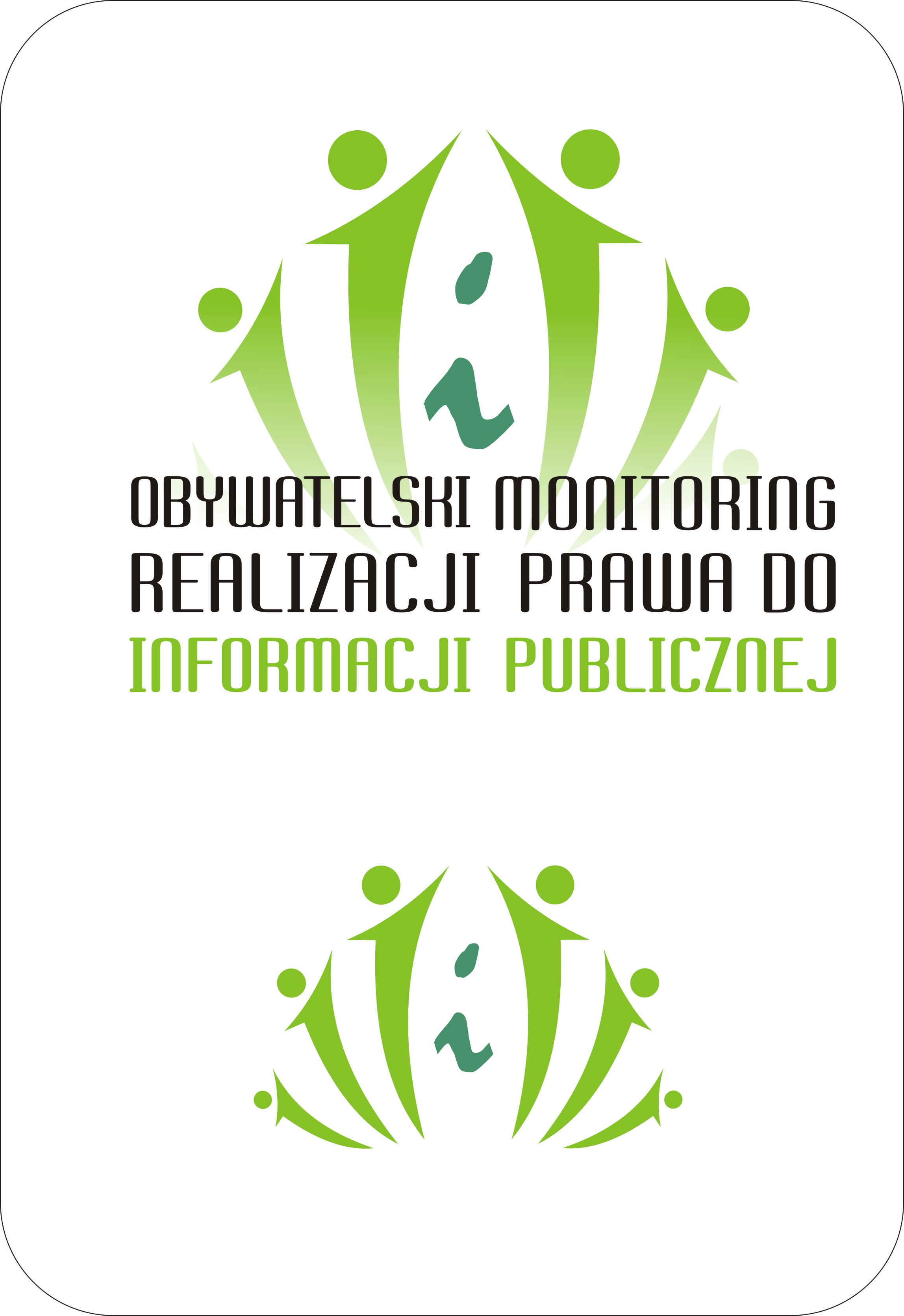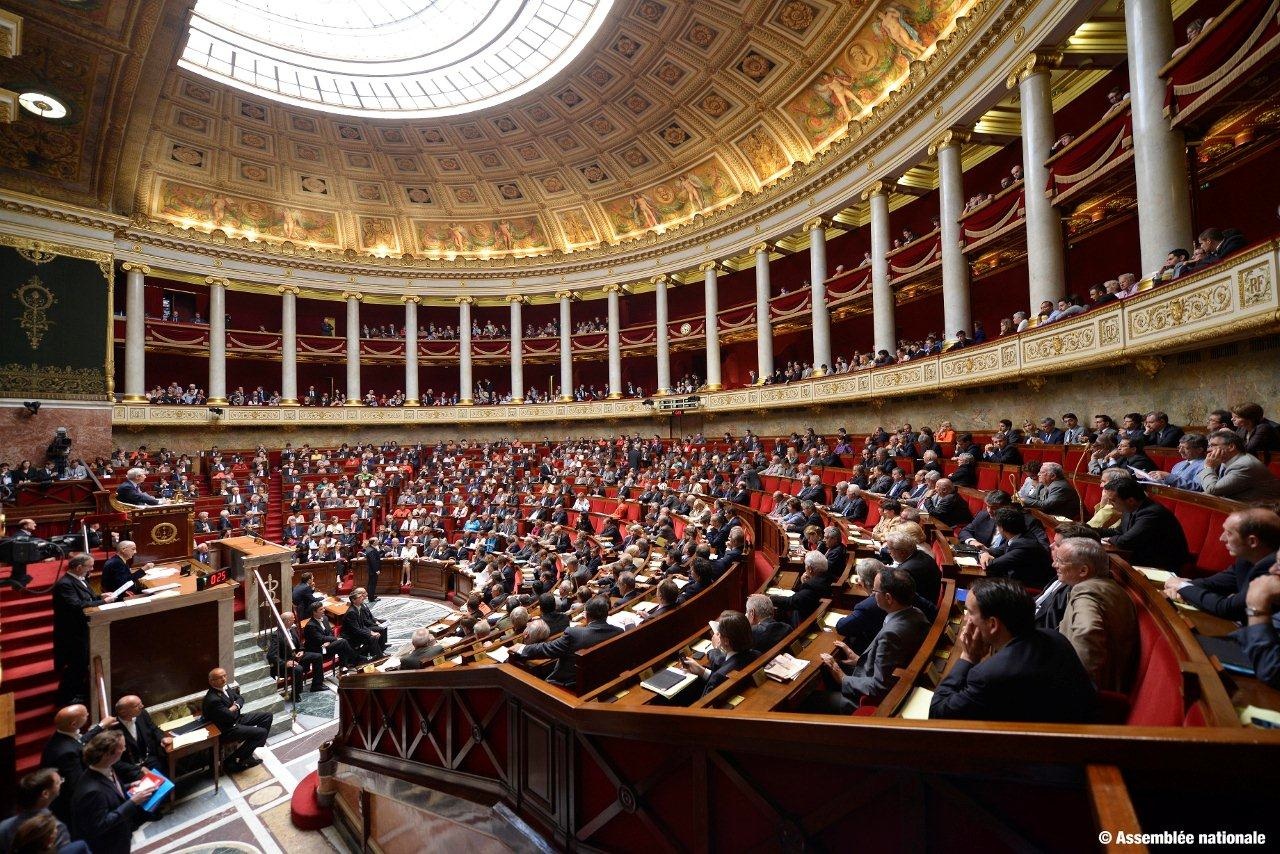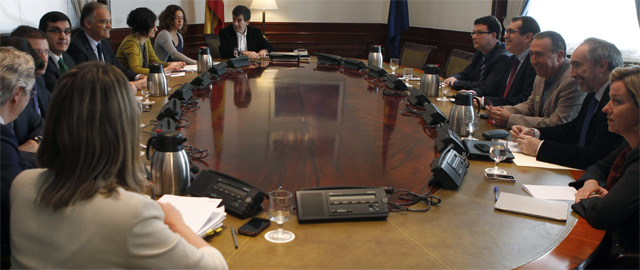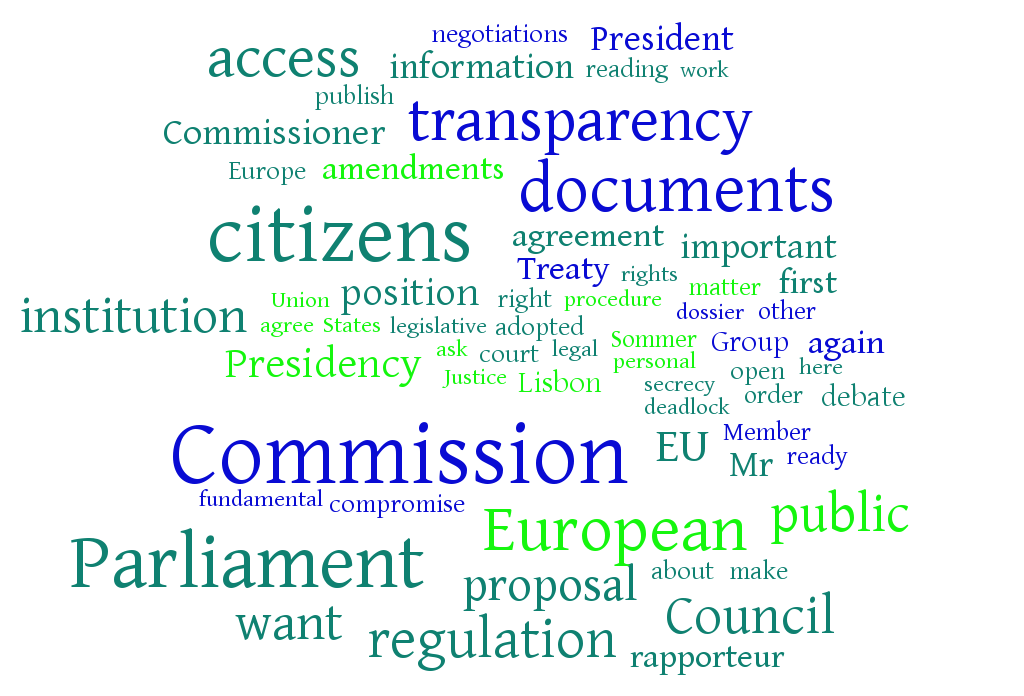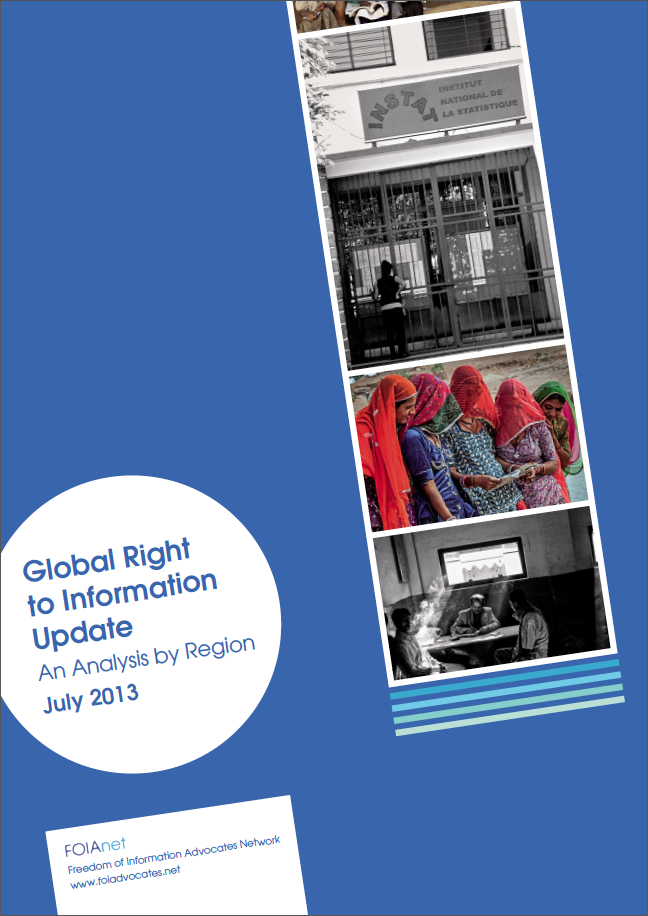Another Secretive Step For Spain’s Transparency Law
Helen Darbishire2018-11-13T10:12:30+01:00Madrid, 26 July 2013 – Access Info Europe today criticised once again the process by which Spain’s transparency law is being adopted, which continues to be secretive and non-participatory. In the latest development, on Thursday 25 July, with domestic and international attention focused on the news of Spain’s tragic train crash, a closed door session of the Parliament’s Constitutional Commission which was boycotted by left of centre parties, including the main opposition Socialist Party, approved amendments to the transparency law.


